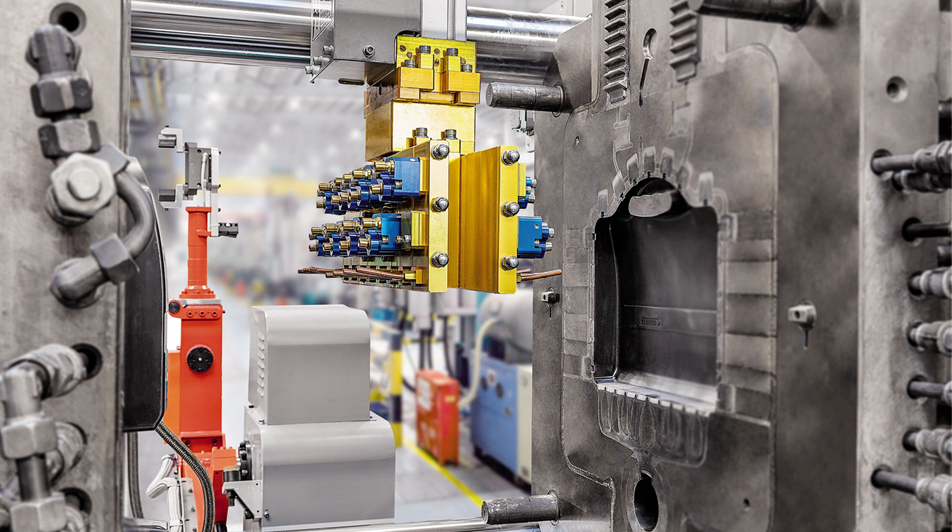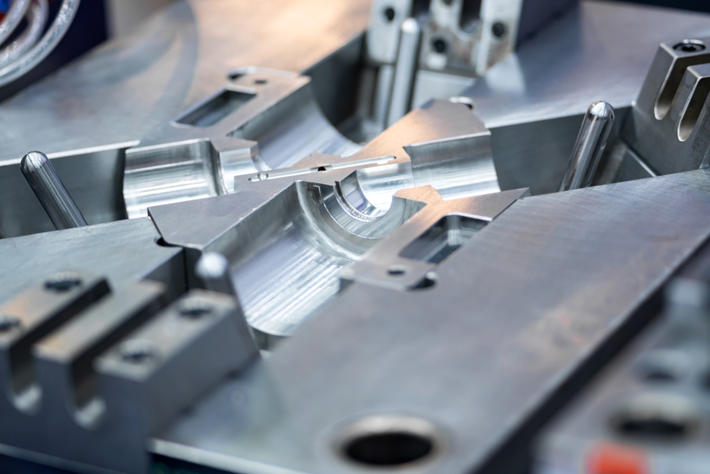Introduction
In the world of manufacturing, precision is paramount. The ability to produce intricate and complex parts with unparalleled accuracy and quality can make the difference between a successful product and a failed one. One technology that has revolutionized the manufacturing industry is precision CNC machining. Using computer-controlled machines, this process has transformed the way parts are made. In this article, we will explore the concept of precision CNC machining, its benefits, and its applications in various industries.
What is Precision CNC Machining?
CNC stands for Computer Numerical Control. Precision CNC machining is a manufacturing process where computer-controlled machines, equipped with cutting tools, fabricate parts from various materials with extreme precision. The process involves converting CAD (Computer-Aided Design) models into a series of instructions that guide the machine\’s movements and actions. The machine then removes material from the raw material to shape it according to the design specifications.
Benefits of Precision CNC Machining
1. Accuracy: Precision CNC machining offers unparalleled accuracy, allowing manufacturers to produce parts with incredibly tight tolerances. The computer-controlled machines ensure that each cut and movement is executed with precision, resulting in consistently accurate parts.
2. Efficiency: CNC machines work at a much faster rate compared to manual machining. They can perform multiple operations simultaneously, reducing production time significantly. This increased efficiency translates into shorter lead times and faster delivery of finished products.
3. Versatility: Precision CNC machining can work with a wide range of materials, including metals, plastics, and composites. This versatility makes it suitable for various industries, from aerospace and automotive to medical and electronics.
4. Reproducibility: CNC machines can reproduce the same part repeatedly with high accuracy. Once the program is set up, the machine can produce identical parts consistently, ensuring product consistency and quality.
Applications of Precision CNC Machining
1. Aerospace Industry: Precision CNC machining plays a crucial role in the aerospace industry, where parts need to meet stringent quality standards. CNC machines can fabricate complex components for aircraft, such as turbine blades, engine parts, and structural components, with high precision and reliability.
2. Automotive Industry: The automotive industry relies heavily on precision CNC machining for the production of engine parts, transmission components, and chassis components. CNC machines ensure the accurate fabrication of these parts, contributing to the overall performance and reliability of vehicles.

3. Medical Industry: In the medical industry, precision is of utmost importance. CNC machining is used to manufacture medical implants, surgical instruments, and prosthetics with exceptional precision. This enables surgeons to perform complex procedures with confidence and ensures better patient outcomes.
4. Electronics Industry: Precision CNC machining is integral to the production of electronic components such as circuit boards, connectors, and housings. The accuracy and repeatability of CNC machines ensure that these components fit together perfectly, resulting in reliable and efficient electronic devices.
Conclusion
Precision CNC machining has revolutionized the manufacturing industry by enabling the production of intricate and complex parts with unparalleled accuracy and quality. The benefits of precision CNC machining, including accuracy, efficiency, versatility, and reproducibility, make it a preferred choice for various industries. From aerospace and automotive to medical and electronics, precision CNC machining plays a vital role in ensuring the success and reliability of products. With continuous advancements in technology, precision CNC machining is poised to reshape the manufacturing landscape further, pushing the boundaries of what is possible in terms of accuracy and quality.
-

- Laptop housing cover C
-

- 2022 Wholesale Hot Sale Bicycle Parts Magnesium Alloy Children Bike No Pedal Balance Bicycle Kids Multiple Colors Available
-

- Factory Custom China Bmx Cycles Road Sport Kids Bicycle 12 16 18 20 Inches Cycle Mtb For Kids 6-10 Year
-

- High precision magnesium thixomolding components laptop housing cover A
-

- CNC machining auto dashboard bracket
-

- Thixomolding magnesium parts & components mobile phone middle board

 0086-750-5616188
0086-750-5616188 +86 13392089688
+86 13392089688 sales@zhongmei-tech.com
sales@zhongmei-tech.com







